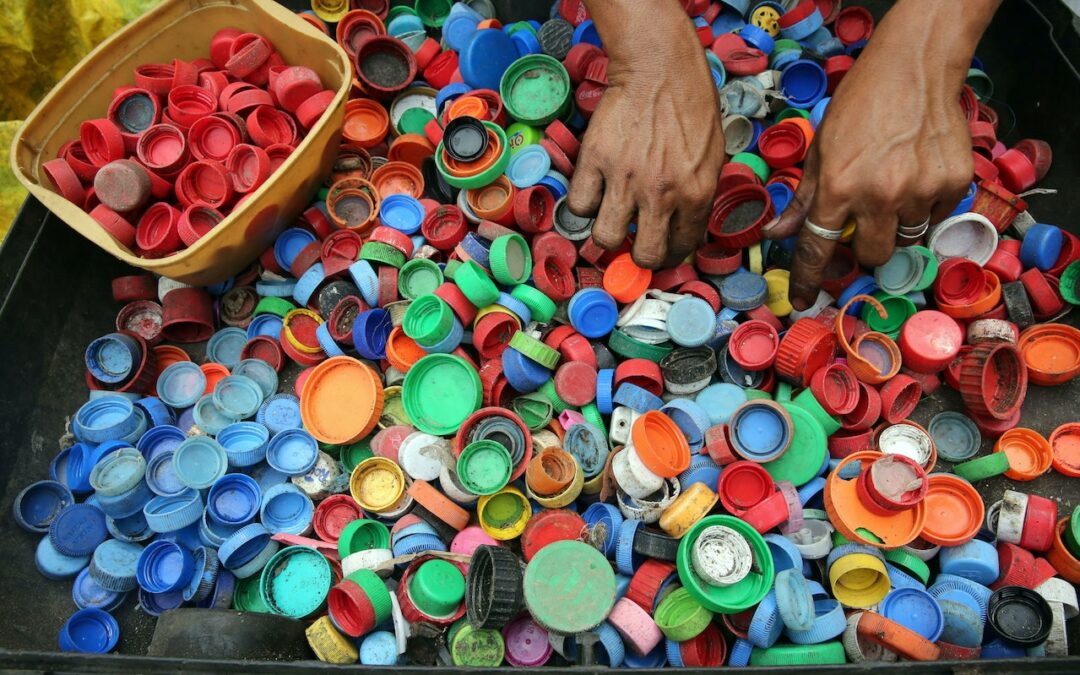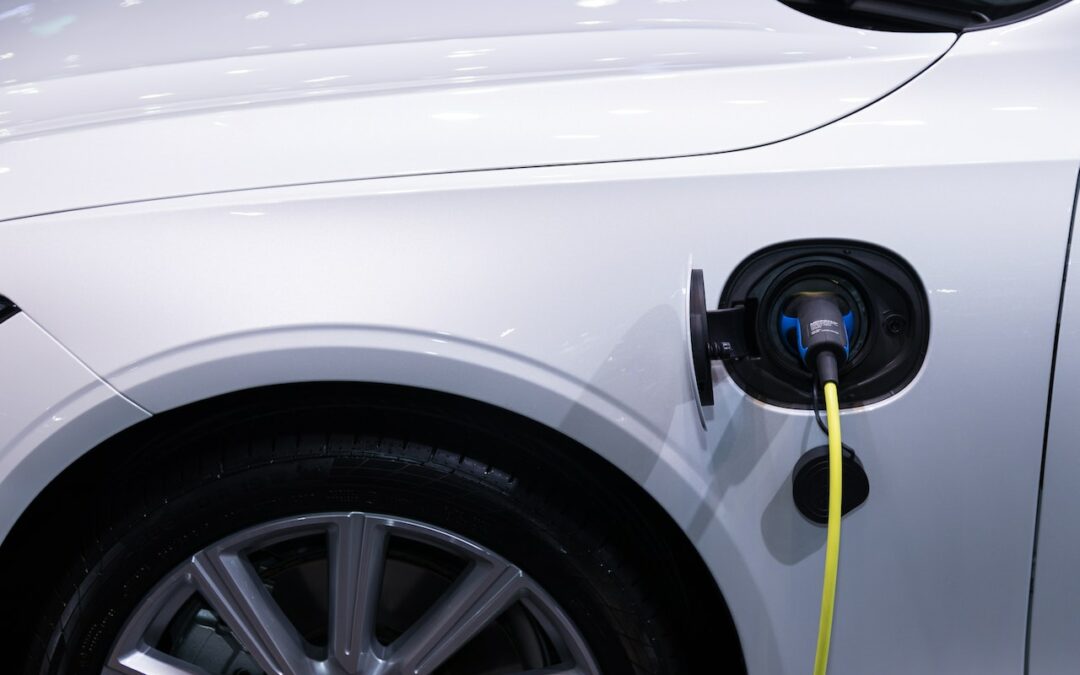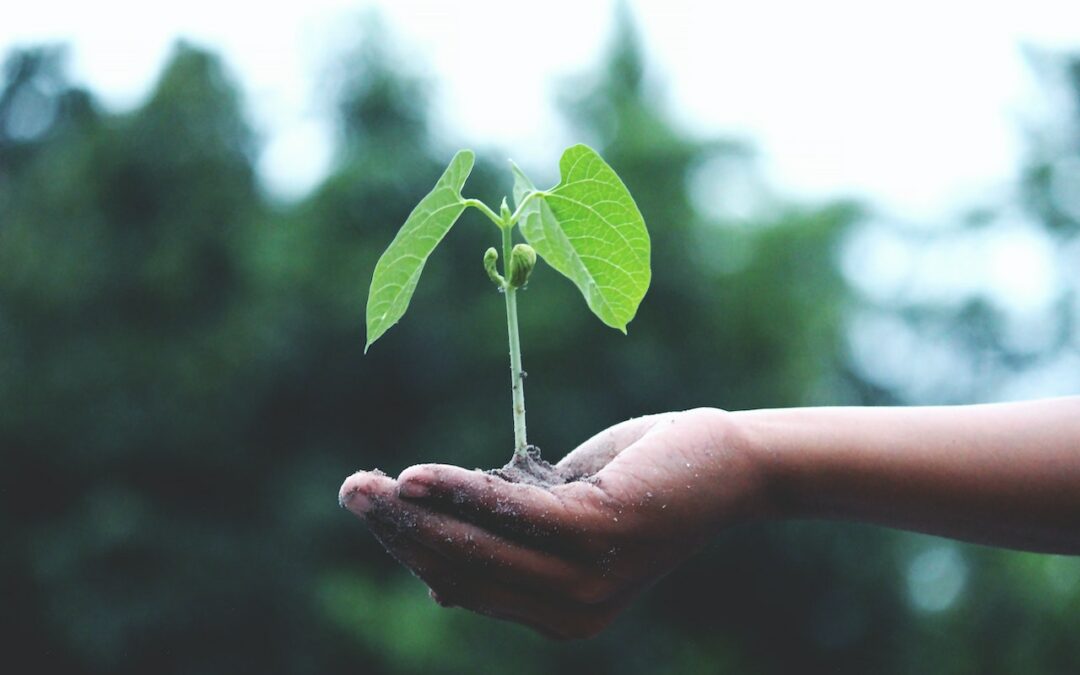
by Komoneed | May 13, 2025
As much as I’d like to say that there is hope for 2025 to be the year the nation achieves zero waste, the reality is it’s tough if everyone doesn’t do their part. In the U.S., less than three out of four households have access to recycling programs. Single-family homes are more likely to have […]
The post Zero Waste in 2025: Can It Be Achieved? appeared first on RecycleNation.

by Komoneed | May 13, 2025
This post was originally published on UNDPWhere The Land Meets The Sea; Mangroves As Guardians Of Life And Livelihoods admin Wed, 04/09/2025 – 15:44 The Government of India, in collaboration with the Green Climate Fund and UNDP, launched a project to enhance...

by Komoneed | May 13, 2025
The CEO of British 4×4 brand Ineos has hit out at UK EV policy in the strongest terms

by Komoneed | May 13, 2025
Trinasolar’s Shield Extreme Climate Solution is said to help solar developers protect their assets and safeguard performance, no matter what the weather forecast holds.
Launched at the Smart Energy Conference, the product provides next-generation protection for utility-scale PV plants, using a combination of high-strength structural modules and intelligent weather-responsive tracking. It should thus lower BOS cost and LCOE, maximising project returns.
The Shield Extreme Climate Module’s (NED19RC.20) glass is said to be 25% thicker than that of conventional modules and its resistance to energy impact 2.5 times greater. The frame design increases the module’s load-bearing capacity, thereby further improving stability.
In strong winds, the Shield solution is said to withstand wind pressure up to +8000/-6000 Pa in a fixed mounting system installation setting, due to innovative dual fastening and triple-beam installation design. In severe hailstorms, it has been said to withstand 55 mm hail at 0° and 75 mm at 60°. The short-term severe hail climate forecast automatically issues commands for the tracker to adopt a protective angle.
Equipped with self-developed Tracker Control Unit (TCU) and Network Control Unit (NCU), the TrinaTracker smart control system is integrated with a variety of extreme climate protection strategies. By harnessing real-time monitoring data from the smart cloud platform, the system can implement intelligent protective measures for PV power plants, for safe and stable operation of the system.
In a setting in which tracking mounting is used, the smart cloud platform monitors real-time wind speed, automatically adjusting to the stow position when certain wind speeds are detected. A tiered stow strategy assigns different protection angles based on wind speed levels, balancing risk mitigation with maximised power generation. The structure includes a module design that increases mechanical load capacity to +3600/-3000 Pa.
In heavy snow, the solution withstands 2.2 m of uneven snow load in a fixed mounting system installation setting. In a tracking mounting installation setting, the TrinaTracker smart cloud platform provides real-time monitoring of snow thickness. O&M personnel can initiate snow removal with one click, effectively mitigating the potential threats of snow load to the modules and mounting systems. This should not only improve the efficiency of O&M operations but also prevent power generation losses caused by snow accumulation.
The solution was specifically designed and tested for the Australian market. Based on the Queensland testbed, the solution set-up achieved an overall customer value increase by the equivalent of 0.0364 AUD $/W and reduction of LCOE by 2.84%.

by Komoneed | May 13, 2025
QR codes on Universal Thread apparel connect to resale and product details for consumers — and, eventually, sorters and recyclers.
The post Why Target is tagging 35 million pieces of clothing with digital IDs appeared first on Trellis.





